Wedding Present - Profile
by Mark Rowland
published: 9 / 8 / 2014
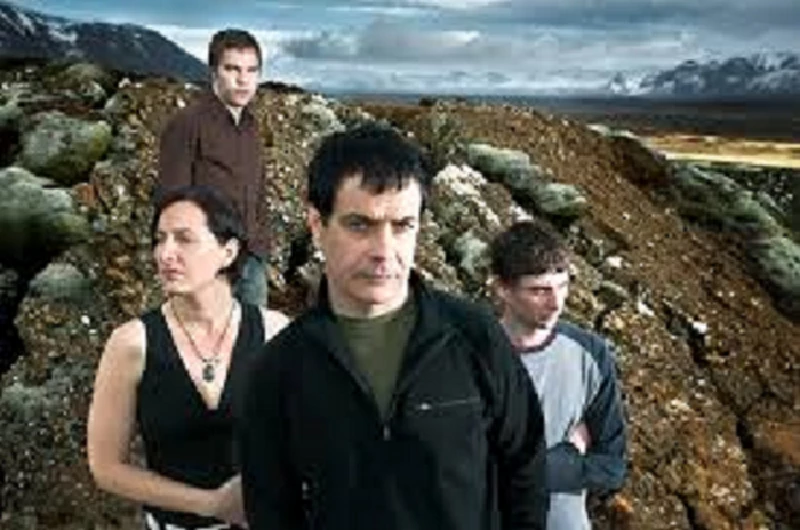
intro
Mark Rowland reflects on the first decade of the Wedding Present's career, who are about to have their first six albums, from 1987's 'George Best' to 1996's 'Saturnalia', reissued in deluxe three CD and DVD boxsets
It’s now twenty-seven years since the Wedding Present released their first album, 'George Best', on their own label, Reception. The band would go on to become one of Britain’s premier indie/alternative bands for a brief period in the very early 90s, before baggy and Britpop changed the landscape and left them behind. By that time, however, the Weddoes had built up a sizable die-hard following that are just as rabid to this day. One of the more endearing traits that appealed to that fanbase was the band’s somewhat left-field, ‘do what we feel like’ approach to their releases around the height of their popularity – albums of Ukranian folk songs, a single a month for an entire year, sudden lurches into darker and brighter territory on their primary studio albums. The band never stayed in the same place for long, and they still don’t to this day. The band’s first run of albums, from 'George Best' to 'Saturnalia', are being reissued as deluxe three CD and DVD boxsets, pulling together live tracks, radio sessions, TV footage, new packaging, and new interviews with the band members. In celebration of this, we’ve revisited all of the albums, and the circumstances of their recording. 'George Best/Tommy' (1987/1988) The Wedding Present formed in 1985, after David Gedge and Keith Gregory’s previous band, the Lost Pandas, split up. The band was named as a tribute to the Birthday Party, one of Gedge’s favourite bands. After drafting in Gedge’s schoolfriend Peter Solowka on guitar and Shaun Charman on drums, the band set about getting some songs together. Their first, self-financed single, ‘Go Out and Get ‘Em Boy!’ (featured on 'Tommy') was a rough and ready, raucous slice of guitar pop. There’s a bit of Subway Sect in the band’s sharp, trebly guitars on the song, but the band’s distinctive high-speed guitar shuffle is still present. The band’s first few singles managed to get the attention of John Peel, who put the singles in heavy rotation on his radio show. From almost the first day he was in a band, Gedge’s ambition was to get a song played on John Peel’s show. As he explained to me after John Peel’s death in 2004: “I had friends who were in another band called the Chameleons and they hung around outside Radio One, and when he came out they gave him a demo tape and from that they were offered a Peel Session. Then they got signed to a label and got to release a record, so I thought to myself ‘I fancy a bit of that’." “We went down to Radio One and hung around with one of my inferior demos. I met him there and typically, being such a nice bloke, I think he realised we were fans and he asked us to come up to the studio with him and watch him do the show. So, we went in and sampled the delights of the BBC canteen, and basically watched him play records. He didn’t offer us a session then, but that was understandable because the early stuff wasn't that good.” John Peel inevitably invited the Wedding Present to do a session, which was released as an EP initially, and three songs from the session were later included on 'Tommy'. Peel remained a staunch Weddoes supporter until his death – Gedge became a friend of the Peel family and was invited to gatherings and birthday parties. “I always felt quite nervous in his presence, because I held him in such respect,” he said. “I’ve said this before that playing in front of twenty to thirty thousand people. I’m fine with that, I don’t get nervous about that, but Cinerama played at [Peel’s] 60th birthday party and the Wedding Present played at his 50th birthday party and the fact that he was in the room just made me far more nervous than anything.” The band was starting to get interest from major labels, but decided instead to record and release their debut album themselves. They asked George Best for permission to name their record after him and use his image on the cover. Not only did he oblige, but he also agreed to take promotional photos with the band. The album was critically acclaimed, but bizarrely lumped in with the C86 movement. Although an early Wedding Present song had appeared on the C86 compilation, the band always rocked too hard to really fit into that scene. Even on the debut album, American indie rock influences were evident alongside the British indie pop influences. Said Gedge: “I think with the Wedding Present we’ve always drawn inspiration from British pop music and American alternative rock music." The album still sounds exciting twenty-seveen years after its first release. Certainly a more lo-fi sounding record than those that were to come after it, the album keeps up a fairly frenetic pace – the ‘slow’ songs on the album would be upbeat numbers for other bands. It increased the band’s popularity and standing among the music press, but as time went on Gedge got more and more tired with the comparisons to the Smiths made by many journalists, and started to express his dissatisfaction with the sound of 'George Best'. 'Bizarro'(1989) When the band signed to RCA, they were accused of selling out by some critics. But the band’s first release on the label – a collection of Ukranian folk songs – swiftly put an end to such criticism. The idea for the record came about during a Peel session, when Solowka absent-mindedly played a Ukranian song as the band were finishing up. From that, the band got the idea to do another session of all Ukranian folk songs, which they performed live on a later Peel show. The band’s next album proper, ‘Bizarro’ was hailed as a real change in direction at the time of his release, but hindsight reveals it to have more in common with its predecessor than critics made out. What it has got is higher production values (which gave the band a more muscular recorded sound) and a better sense of dynamics. Opener ‘Brassneck’ bursts in at 100mph like any song from George Best, but drops the pace and the volume for a gorgeous little mid-section, giving the song a greater emotional punch. Songs such as ‘No’ showed how much the band had come on in terms of song arrangements, building up layers of complimentary guitar parts. The album also includes long-standing fan favourite ‘Kennedy’ – one of the simpler songs on the album, it sparked a fan tradition – throwing mini apple pies onto the stage when Gedge sings the line “too much apple pie.” ‘Kennedy’ was the band’s first top 40 hit, bringing the band to a wider audience, and got airplay on American college radio. As a result, the band decided to record their next album in America. 'Seamonsters' (1991) 'Seamonsters' was recorded by Steve Albini, then best known for his work with Big Black than as a studio engineer, at his Pachyderm Studios in Chicago. It marked a change in direction for the band, taking in artier, quieter influences and post-rock style quiet-loud dynamics. It is arguably the band’s masterpiece. "'Seamonsters' was a lot darker,” said Gedge. “I think it’s powerful. Basically, [Albini]’s really good at recording a rock band – drums always sound really good, the bass sounds really good, the guitars sound great. The only thing he’s not so hot on is the vocals, but I’ve had so much experience now that we got around that really. His studio in Chicago is really good as well, so we’ve been there a couple of times with Cinerama over the years. It’s just a painless process really." Albini’s recording style is about capturing a moment, Gedge explained to me. His method is to take a well-rehearsed band, put them in an acoustically nice sounding room, mic them up in a good way and let the magic happen. “There’s a certain amount of ambience that can come from people playing music together. Which I suppose is what being in a band’s all about really. He’s meticulous in his preparation, making sure that everything is miked properly and that sort of stuff, but he’s not really interested in people doing multiple takes, because he can’t see the difference between one take and another take. The band will be saying, ‘That bass drum was slightly out of time there,’ and he would say, ‘Who cares about that? Let’s move on.’ I don’t mind doing that, that’s sort of how I work anyway." Album opener ‘Dalliance’ is a personal favourite of mine. Starting with a quiet, insistent, arpeggio riff, it builds tension over more than half the track before bursting into a wall of noise. It sets the tone for an album that has largely done away with the old superfast strumming in favour of stripped down, subtle riffs that pre-dates the 90's indie rock style that would become prevalent in the States towards the middle of the decade. The album’s minimalism even spread to its track names – all of them are one word long. This was seemingly a reaction to critics that made fun of the band’s overly long titles. The album marked the high point in the band’s popularity, but there was a vague impression within the music press that they didn’t really fit in anywhere. At that point in time, the band probably had more in common with the US alternative scene than British indie, which was resolutely baggy by that point. But the band was also too British sounding to fit into the US scene. The band was also experiencing line up changes. Solowka was kicked out of the band and replaced by Paul Dorrington. They were also a contrary bunch, and now that they were poised to reach a larger audience, they decided to do something off the wall. 'Hit Parade' (1992) The band decided to release a limited 7” single every month over the course of 1992. Each single contained an original song on the A side and a cover on the B side. As a result, the band were able to equal Elvis Presley’s record for the number of top 30 UK singles in one year. Gedge said: "It was a weird thing because I thought it was a great thing to do, if not a stupid thing to do, but it was a false achievement because Elvis sold millions of records, while we sold 100,000 for each single." The band had recorded an eclectic range of covers over the years, from Pavement to Cockney Rebel, and the singles, later compiled as the 'Hit Parade', were no exception, including a sublime cover of the Go-Betweens’ ‘Cattle and Cane’, a Dinosaur Jr-like cover of Neil Young’s ‘Don’t Cry No Tears’, and the 'Twin Peaks' theme tune, ‘Falling’ by Julee Cruise. The band’s original songs took the sound of 'Seamonsters' to a brighter place, injecting some of the fun of the early recordings back into the songs. Some of the songs, such as 'California', are a little slight, but the looseness of the project gave the band a chance to experiment with new styles on some of the songs, such as the psychedelic ‘Flying Saucer’ and the very heavy chorus of ‘Loveslave’. On ‘Boing!’ the band go a bit Orange Juice, and back it with a surprisingly faithful cover of the ‘Theme from Shaft’. 'Watusi' (1994) The band signed with Island Records for fourth album 'Watusi', recorded by Seattle scene luminary Steve Fisk. It marked another change in direction for the band – opener ‘So Long Baby’ seemed to wear a slight Pavement influence on its sleeve (Pavement was influenced by the Wedding Present in its early days). The sound had moved away from the darker end of indie rock, towards a brighter, more 60's influenced sound. ‘Click Click’ has a post-psychedelic sound that isn’t a million miles away from Stereolab; with a couple of production tweaks, ‘Yeah Yeah Yeah Yeah Yeah’ could have been released in 1964 and nobody would have batted an eyelid. It isn’t as lauded as 'George Best', 'Bizarro' or 'Seamonsters', but 'Watusi' features some of Gedge’s best songs. Unlike 'Seamonsters', you could actually dance to 'Watus'i – it’s hard to resist moving to songs like ‘Let Him Have it’. Fisk’s additional production work – the organ and old record crackle of ‘Spangle’, the distorted vocals on ‘Shake It’ – give the record a diversity absent from previous records, and more of a sense of fun. It also includes a couple of acoustic songs: the brilliant ‘Gazebo’ and the laid back ‘Big Rat’. The band would only do one album with Island before the label dropped them. The band’s 10 year anniversary was on the horizon. The Wedding Present had survived C86, grunge, baggy and a British music press backlash, and was wading its way through Britpop. Where did it go from there? 'Mini/Saturnalia' (1995/1996) It didn’t take long for the band to find a new label, taking up residence on Cooking Vinyl. Their first release for the label was the ‘Mini’ EP a collection of vaguely car themed songs that straddles the middle ground between the diversity of 'Watusi' and the band’s original sound. Songs such as ‘Drive’ and the Britpop-ish ‘Go Man Go’ were stand out tracks, but the EP was merely a stepping stone on the way to the band’s final album for several years, ‘Saturnalia’. ‘Saturnalia’ is not the band’s best record, by any means. Again, the sound was diverse, for the most part a sort of mid-way point between the Wedding Present and Gedge’s next project, Cinerama. But it has none of the fun of ‘Watusi’. It sounds a bit like the Cure in places, Yo La Tengo in others, but never quite reaches the heights of those bands. There are still some fantastic songs on the record, however – ‘2,3, Go’ is a personal favourite, as is ‘Hula Doll’ and ‘Jet Girl’. But 'Saturnalia' ground the Weddoes to a temporary halt. Gedge parked the band to concentrate on Cinerama full time, with his then girlfriend Sally Murrell. When Gedge and Murrell split up in 2004, Gedge went back to the Weddoes with 'Take Fountain', which was hailed as a triumphant return to form. The Wedding Present are still going strong, and are touring Watusi in its entirety later this year.
Band Links:-
https://scopitones.co.uk/https://www.facebook.com/TheWeddingPresentOfficial
https://twitter.com/weddingpresen
Have a Listen:-
Picture Gallery:-
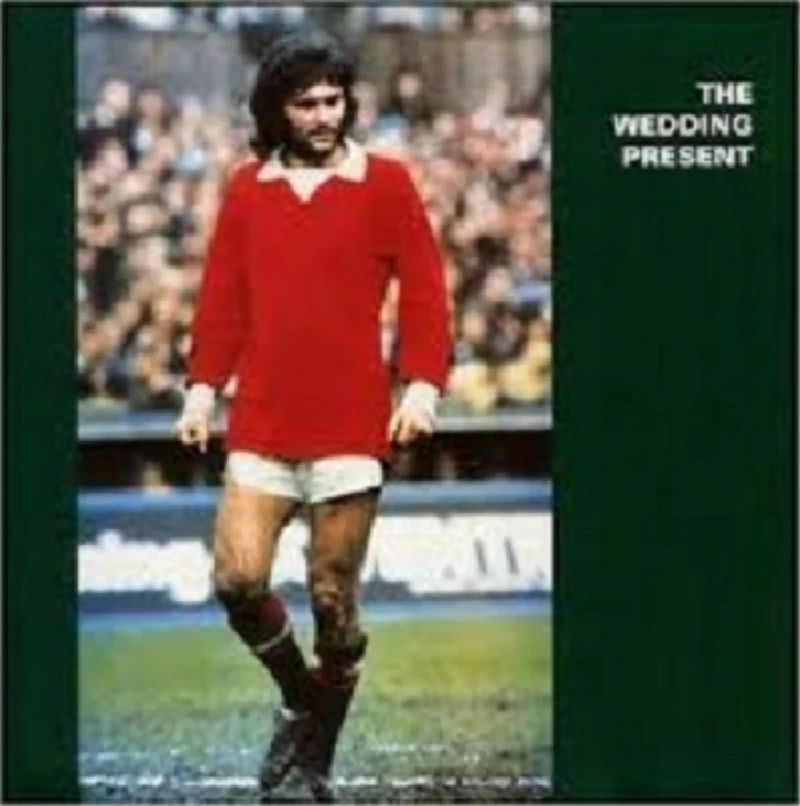
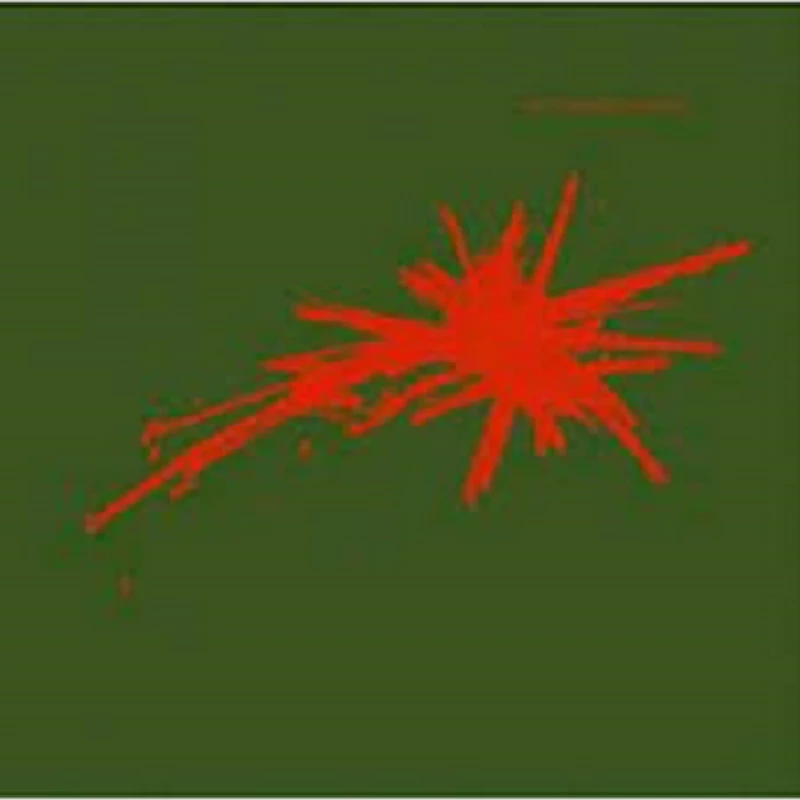
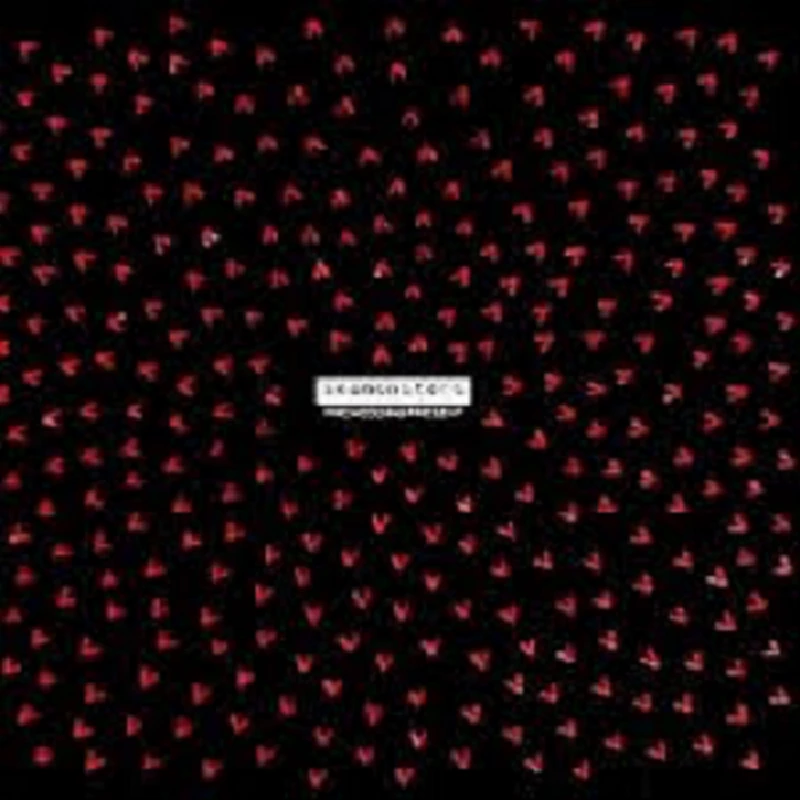
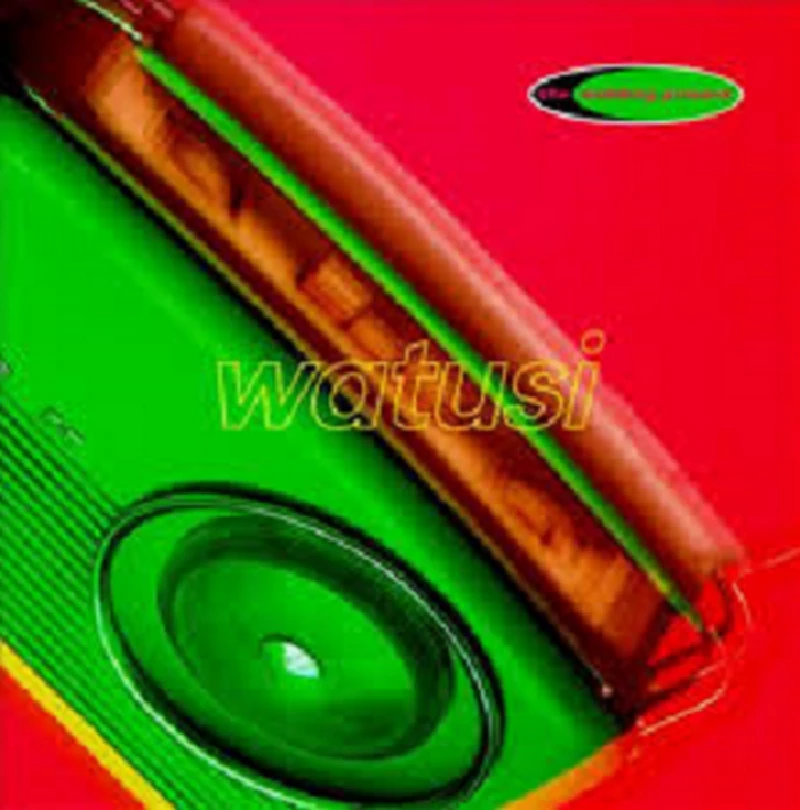
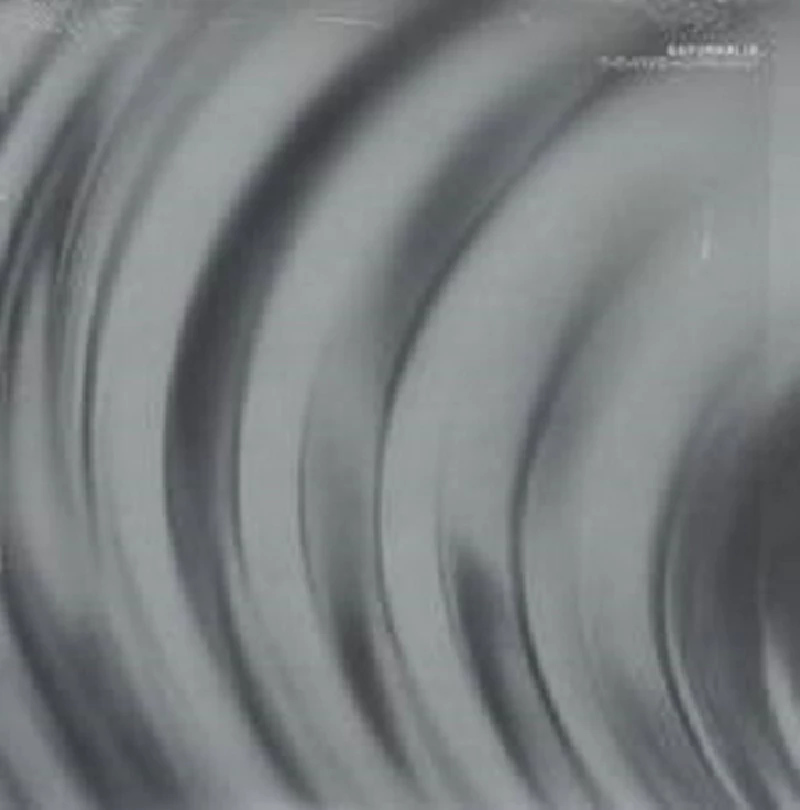
interviews |
|
Interview (2021) |
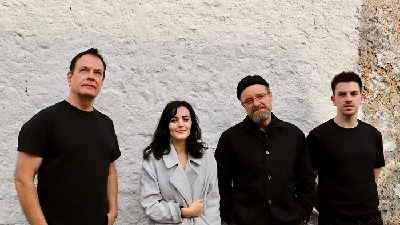
|
| Wedding Present frontman David Gedge speaks to Andrew Twambley about ‘Locked Down and Stripped Back’, his band’s new album of home recordings and reworked material from its back catalogue. |
| Interview with David Gedge (2012) |
| Interview (2008) |
live reviews |
|
Lowry, Salford, 11//9/2016 |
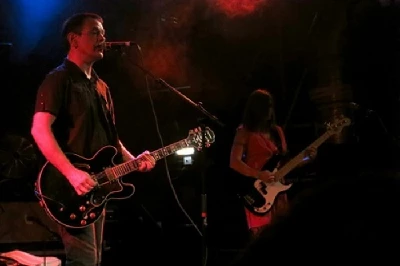
|
| Dixie Ernill watches the Wedding Present play a rare all-seater gig at the Lowry Theatre in Salford in which they performed all of their new album 'Going, Going...' in its entirety accompanied by a backdrop of specially made films |
| King George's Hall, Blackburn, 8/11/2014 |
| O2 Academy, Leicester, 30/10/2013 |
| Picturehouse, Holmfirth, 26/8/2012 |
| Picturehouse, Holmfirth, 29/8/2011 |
| Picture Dome, Holmfirth, 26/8/2010 |
| Double Door, Chicago, 16/4/2010 |
| Tower Lounge,Blackpool, 27/7/2008 |
| Picturedrome, Holmfirth, 31/3/2007 |
| Fibbers, York, 9/7/2006 |
| Forum, Tunbridge Wells, 25/3/2005 |
| Manchester Academy 3, Manchester, 21/2/2005 |
reviews |
|
Going, Going... (2016) |
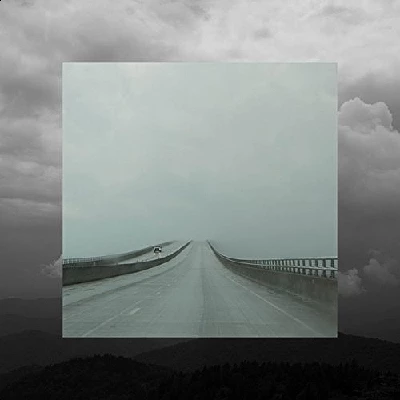
|
| Brilliant return-to-form on ninth album from enduring indie stalwarts, the Wedding Present |
| Interstate 5 (2004) |
most viewed articles
current edition
Carl Ewens - David Bowie 1964 to 1982 On Track: Every Album, Every SongJohn McKay - Interview
Editorial - July 2025
Billie Eilish - O2 Arena, London, 10/7/2025
Bathers - Photoscapes 2
Bathers - Photoscapes 1
Visor Fest - Valencia, Spain, 26/9/2025...27/9/2025
Cleo Laine - 1927-2025
Hothouse Flowers - Photoscapes
Simian Life - Interview
previous editions
Heavenly - P.U.N.K. Girl EPBeautiful South - Ten Songs That Made Me Love...
Trudie Myerscough-Harris - Interview
Pixies - Ten Songs That Made Me Love...
Boomtown Rats - Ten Songs That Made Me Love....
Fall - Hex Enduction Hour
Sam Brown - Interview Part 2
Doris Brendel - Interview
Blues and Gospel Train - Manchester, 7th May 1964
Echo And The Bunnymen - Ten Songs That Made Me Love...
most viewed reviews
current edition
Sick Man of Europe - The Sick Man of EuropeAmy Macdonald - Is This What You've Been Waiting For?
Phew, Erika Kobayashi,, Dieter Moebius - Radium Girls
Alice Cooper - The Revenge of Alice Cooper
Blueboy - 2
Lucy Spraggan - Other Sides of the Moon
Cynthia Erivo - I Forgive You
Davey Woodward - Mumbo in the Jumbo
Philip Jeays - Victoria
Bush - I Beat Loneliness
related articles |
|
Cinerama/Wedding Present: Interview (2002 |
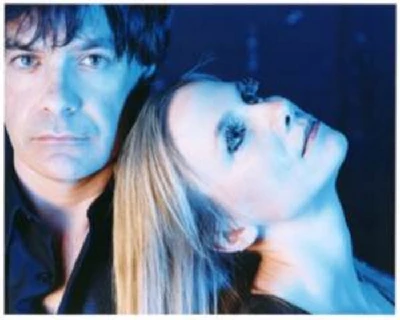
|
| Cinerama are back with a new album 'Torino'. In an extensive interview Tommy Gunnarsson takes the opportunity to catch up with frontman David Gedge to talk about it, Ukranian folk music, and his years with the legendary the Wedding Present |
| Cinerama: Interview (2002) |
| Cinerama: Live Review (2002) |
Pennyblackmusic Regular Contributors
Adrian Janes
Amanda J. Window
Andrew Twambley
Anthony Dhanendran
Benjamin Howarth
Cila Warncke
Daniel Cressey
Darren Aston
Dastardly
Dave Goodwin
Denzil Watson
Dominic B. Simpson
Eoghan Lyng
Fiona Hutchings
Harry Sherriff
Helen Tipping
Jamie Rowland
John Clarkson
Julie Cruickshank
Kimberly Bright
Lisa Torem
Maarten Schiethart